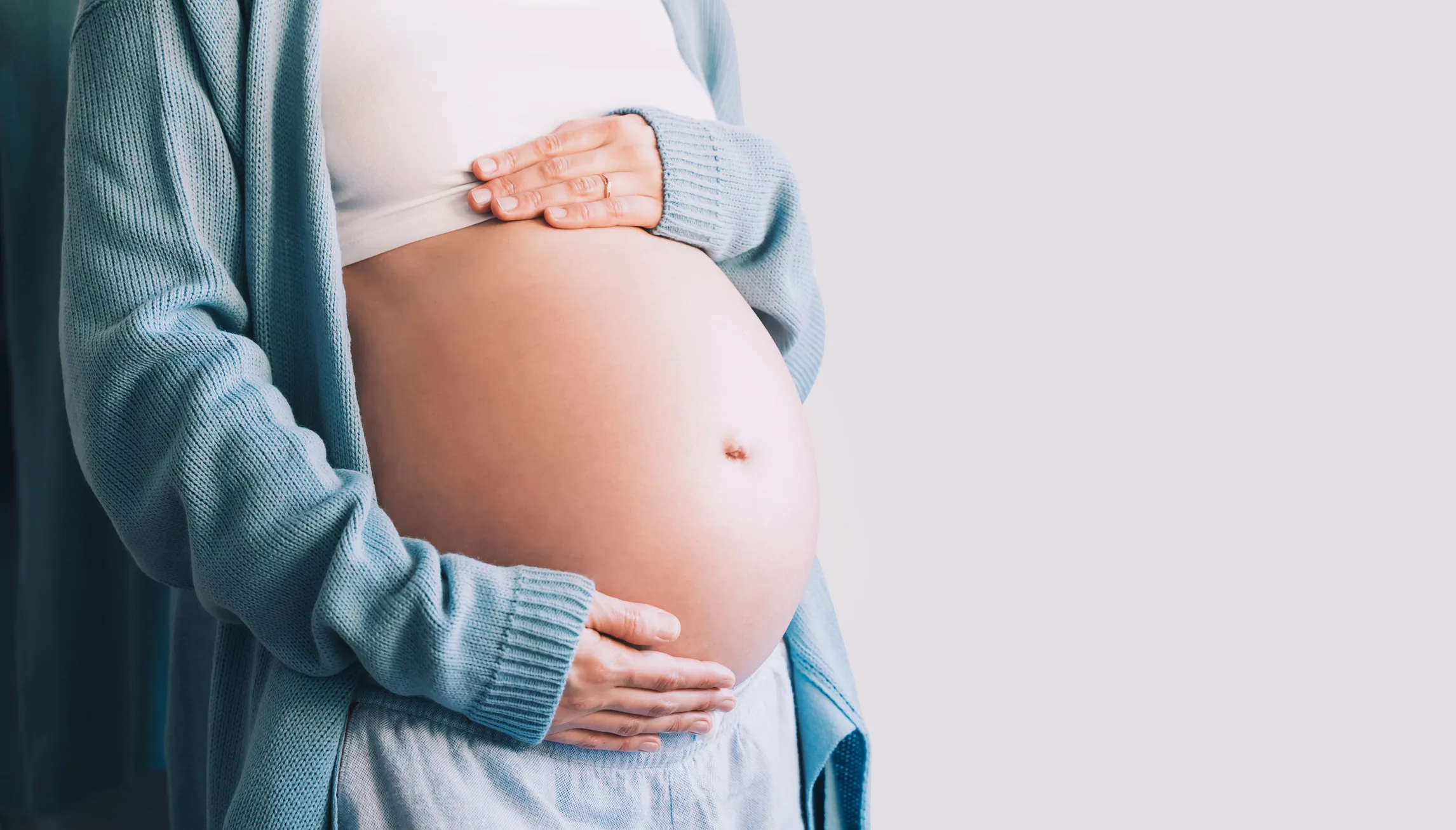
Women who require intensive care when pregnant are more likely to die compared with women who are not admitted – an excess risk that persists for up to a year after discharge from hospital, researchers also found.
Experts say the findings demonstrate the need for better tailored care for critically ill patients during and after a pregnancy.
Changing demographics
Maternal death in the UK is known to occur in 12 in every 100,000 women, and is more common in women from ethnic minorities and those living in socially deprived areas. For each maternal death, a further 70 to 90 women develop severe illness.
The figures emerge at a time when risk factors for severe maternal illness are increasingly prevalent, such as more women with long-term health conditions becoming pregnant and increasing maternal age, underscoring a growing need to understand its long-term consequences.
Researchers from the University of Edinburgh used national healthcare databases for more than 760,000 deliveries in Scottish hospitals between 2005 and 2018.
This included all pregnancies resulting in a live birth, stillbirth or late miscarriage.
Death risk
Some 1,449 women – almost one in 500 – were admitted to intensive care. The most common reason for admission was postpartum haemorrhage – much heavier bleeding than normal after having a baby.
The study found that one in 16 women admitted to intensive care had a stillbirth, compared with one in 167 who are not admitted.
Researchers also found that women admitted to intensive care had a 40 times higher risk of death than women who were not admitted. The most frequent cause of death was cardiovascular disease.
Specialist care
The study also showed that babies born to women admitted to intensive care were 13 times more likely to require a higher level of care after delivery.
Of the women who were discharged following intensive care, almost one-quarter were readmitted to hospital within a year compared with fewer than one in 10 of those who had never been admitted.
Researchers say that while many aspects of standard intensive care recovery services will be relevant to a maternity population, some elements of postpartum care may be better delivered by intensive care specialists in conjunction with maternity experts.
The study is published in the journal Intensive Care Medicine. It was funded by the Obstetric Anaesthesia Association.

